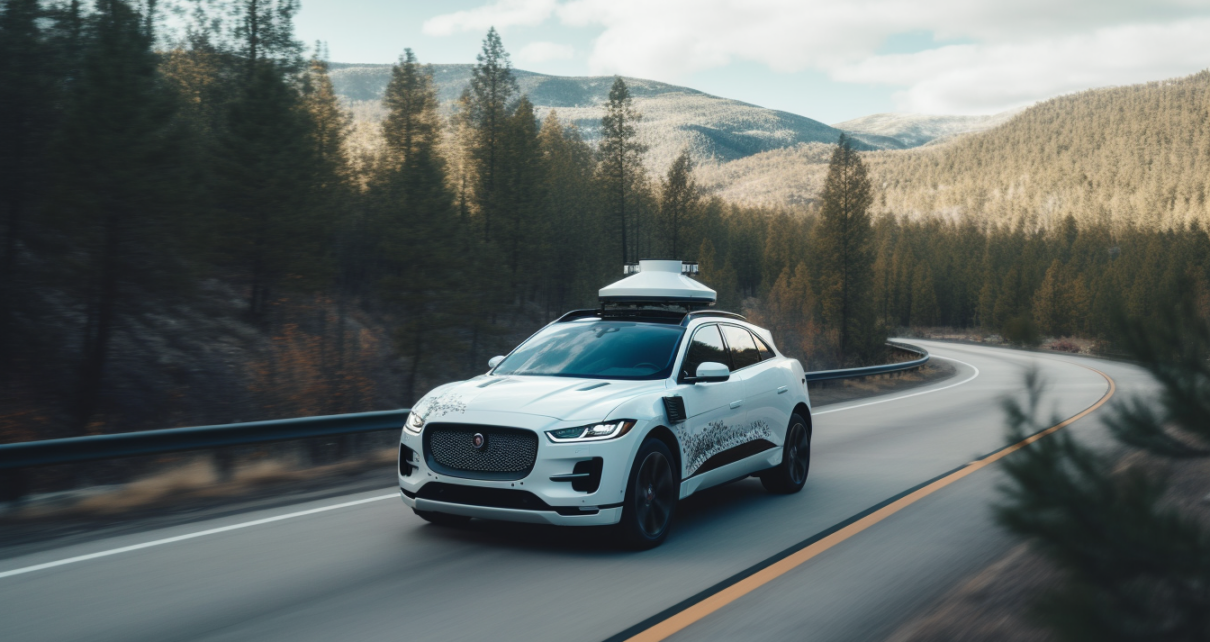As technology continues to evolve at an unprecedented pace, the transportation landscape is undergoing a significant transformation. Self-driving cars, once a futuristic concept, are now a reality, and their mass adoption promises a safer, greener, and more efficient future for our society.
Enhanced Safety through Autonomous Vehicles
One of the most prominent benefits of self-driving cars is their potential to dramatically reduce the number of accidents on our roads. Human error is a leading cause of traffic accidents, and the advanced sensors and AI algorithms in autonomous vehicles can help mitigate these risks. By making real-time decisions based on their surroundings, self-driving cars result in a significant decrease in collisions.
Studies have shown that human error accounts for approximately 90% of all crashes, with factors such as distraction, fatigue, and aggressive driving contributing to the majority of accidents. In contrast, autonomous vehicles are designed to operate around the clock without the need for rest or attention from drivers. This not only reduces the risk of accidents but also minimizes the likelihood of driver fatigue, which is a significant contributor to road crashes.
Furthermore, self-driving cars can be programmed to follow traffic laws and regulations more closely than human drivers. They are less likely to speed, run red lights, or engage in other reckless behaviors that put themselves and others at risk. By minimizing these types of errors, autonomous vehicles have the potential to significantly reduce the number of accidents on our roads.
Reducing Emissions and Contributing to Sustainability
Self-driving cars are also poised to reduce greenhouse gas emissions and contribute to a more sustainable future. As these vehicles become more commonplace, we can expect to see a shift towards electric and hybrid models, which have a smaller carbon footprint than traditional gasoline-powered cars. Electric vehicles, in particular, produce zero tailpipe emissions, reducing air pollution and greenhouse gas emissions that contribute to climate change.
Moreover, AI-powered coordination optimizes traffic flow, reducing congestion and fuel consumption, ultimately leading to lower emissions. Autonomous vehicles can communicate with each other and the infrastructure around them, allowing for more efficient routing and reduced travel times. This not only reduces fuel consumption but also minimizes the amount of time drivers spend idling in traffic, which is a significant contributor to air pollution.
Improved Efficiency with Autonomous Driving
Efficiency is another key advantage of autonomous vehicles. By automating the driving process, self-driving cars facilitate more efficient use of time, allowing passengers to work, relax, or engage in other activities while in transit. This could lead to increased productivity and an improved quality of life for individuals who would otherwise spend long hours behind the wheel.
Imagine being able to work on your laptop or make phone calls during a commute that previously required your full attention. Autonomous vehicles provide a unique opportunity to reclaim time spent on transportation, allowing passengers to focus on other activities while still traveling safely and efficiently.
**Enhancing Mobility



